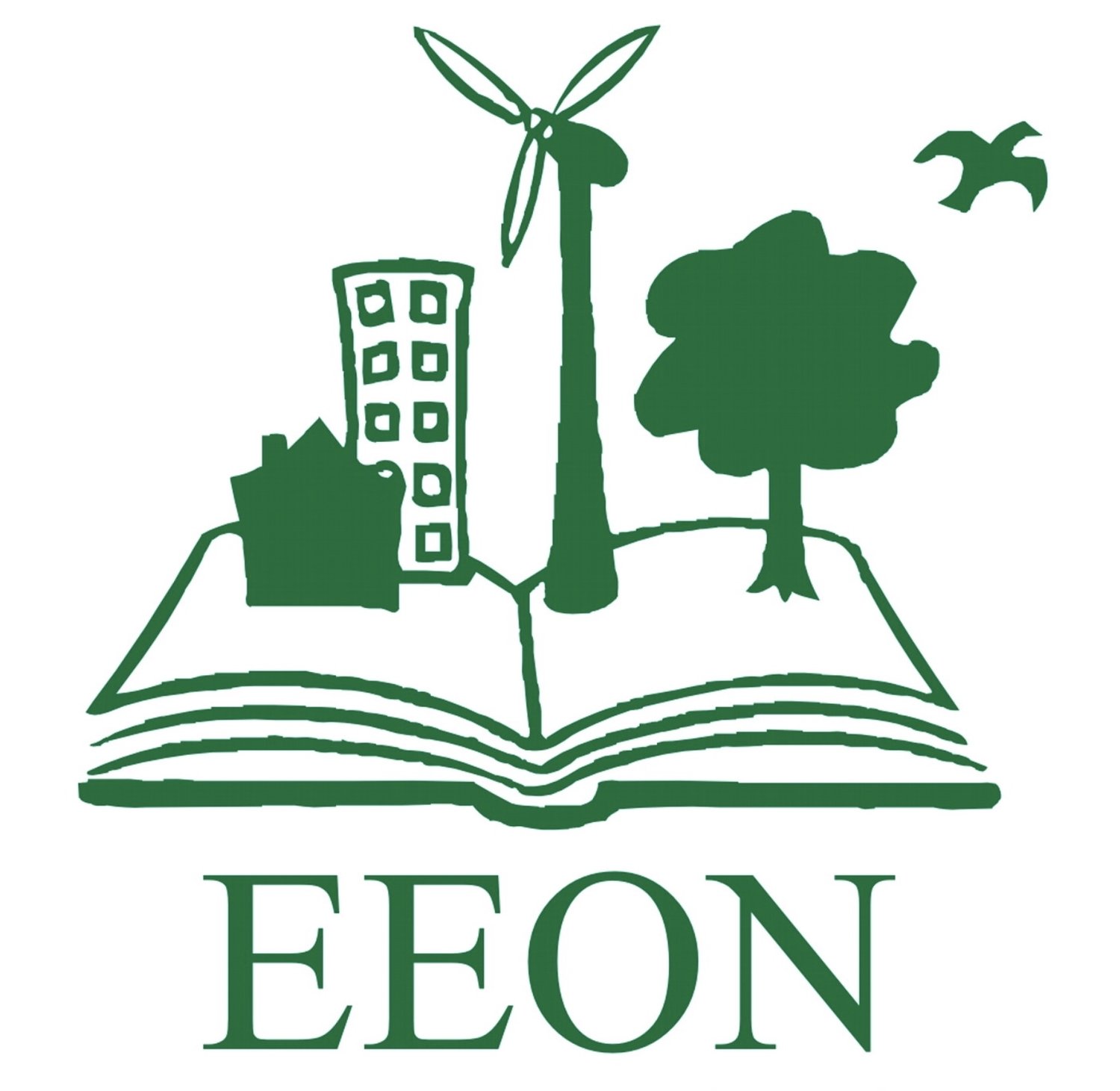Recommended Books
Non-Fiction, Picture Books, Novels, & Climate Fiction
Most books recommended in these lists are not provided, so users need to purchase, borrow, or find a YouTube version. Your public or school library is often the best source.

Why Books?
Literacy is a vital everyday part of the Ontario curriculum, and an essential component of eco-literacy. The texts listed here can be used as primary sources for book study and read-alouds, for discussion and debate, and for sparking all kinds of writing.
These lists feature many texts by First Nations, Metis and Inuit authors. By reading and learning from Indigenous texts students are brought into dialogue with Indigenous knowledges and stories that highlight deep ancestral connections with place and other-than-human life. Such texts provide students with alternate perspectives on Western ways of knowing. They also encourage ways of knowing and relating that emphasize care, reciprocity and responsibility. In this way, Indigenous stories and texts call upon students to engage in the important work of imagining decolonial futures.
Non-fiction texts in these lists will inform readers about plants and animals, global systems and current issues - key content for social studies, geography and science. They also tell the stories of people from diverse backgrounds working together to care for and protect their local lands, waters and communities: these are essential readings for climate justice education. Picture books and novels, including climate-fiction, are equally important: by helping readers make sense of their time and place, and grow socially and emotionally, these stories empower readers to navigate a personal path through challenging times, informed by human values.
“Solely focusing on STEM practices and the impacts of climate change limits our ability, and our students’ ability, to imagine and implement equitable solutions. Climate fiction, or cli-fi, in addition to nonfiction works about climate change, can change the predominant narrative of impacts and fear into one that centres justice and human experiences of climate change, and one that fosters intangible skills such as empathy, compassion, creativity, resourcefulness, perseverance, and courage.”
- Climate Generation, Climate Fiction and Non-fiction Reading Guide
Reading List
Climate Generation
Climate Fiction and Non-Fiction Reading Guide: fiction and NF book suggestions for Gr. 1-12, with summaries.
Centre for Climate Literacy
Climate Lit: database of books and films for K-12 climate literacy, plus Climate Glossary
Climate Literacy in Education : journal of short, practical content on teaching climate literacy: all K-adult subject areas, including professional development
Learning for a Sustainable Future
Resources for Rethinking search of “Children’s Literature” returns 200 titles for all ages with synopsis, suggested grade levels and curriculum links.
Arvaaq Press / Inhabit Education Books
Nunavut-based Educational Resources developed by a team of Northern educators and language experts, offering authentic Northern perspectives, ways of life, and imagery for educators and parents. (K- Gr.6)
Teaching Guides on a selection of books to support literacy development with historical context
Dragonfly
An Exploration of Eco-fiction devoted to stories about the natural world and humanity’s connection with it: contemporary books on climate and much more, Gr. 6-adult
Dragonfly Library: excellent short texts and excerpts
Newsletter, Links & Resources connecting to an eco-lit community
Kids Can Press
Citizen Kid features 32 Kids Can books for children about global issues, designed to teach Sustainable Development Goals
